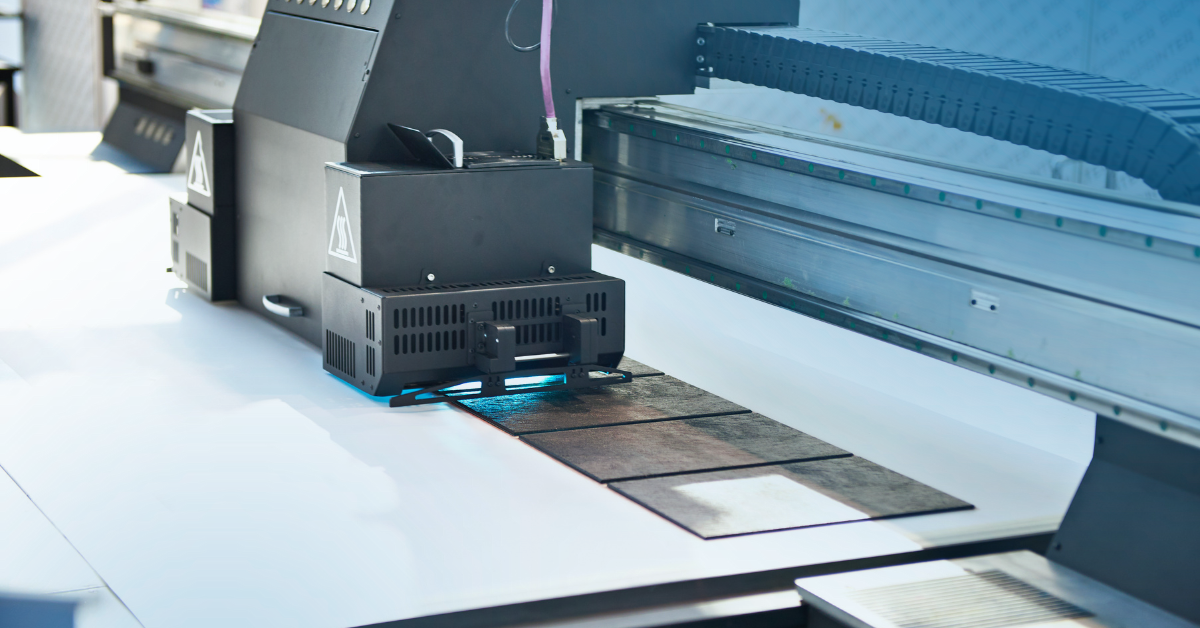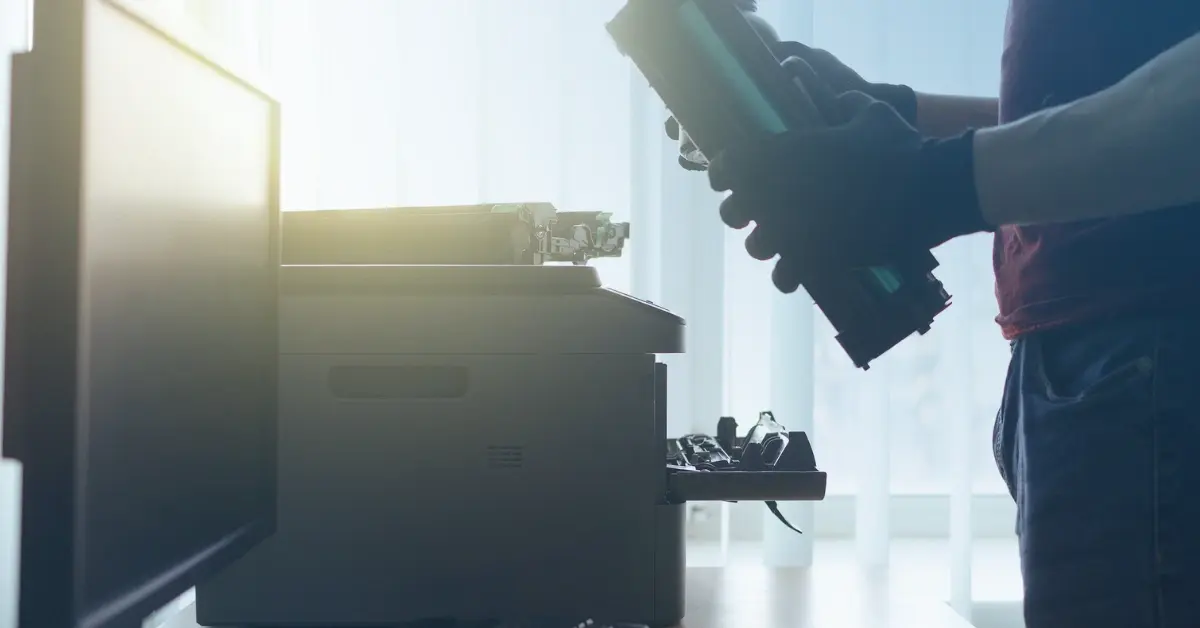CASE STUDY: Luminis Health - Doctors Community Medical Center

Like many healthcare providers, Doctors Community Medical Center (DCMC) relies on prescription pads to ensure their patients receive the proper care and medication during their stay and after discharge. However, increased costs and significant security risks to the hospital are present when using prescription pads.
At DCMC, Web Support Specialist Keith Mitchell recognized the risk for fraud, theft, and loss created by the use of prescription pads. Keeping the pads se-cure was a key concern, especially in the ER, and there wasn’t an efficient way to keep track of them. Prescription pads have been found on desks and counters, peeking out of a doctor’s lab coat hanging off the back of a chair, and sometimes left behind in a patient’s room. An unauthorized person could too easily walk off with a prescription pad without the hospital realizing it.
Prescriptions written on pads cause other issues as well. Sometimes handwritten prescriptions are illegible due to doctors’ less-than-perfect handwriting. Plus, fraudsters can easily alter a prescription to have seven or nine refills instead of just one. Illegible prescriptions can lead to fatal consequences — a July 2006 report from the National Academies of Science’s Institute of Medicine (IOM) found that as many as 7,000 people die every year due to hard-to-read prescriptions.
Prescription pads have the hospital’s information at the top, so any time these pads are stolen or used fraudulently, an investigation is going to lead directly back to the hospital. This makes the institution liable for fines, legal judgments, suspension/revocation of licenses, increased insurance costs, and a tarnished reputation.
To continue reading, please download the full case study by clicking below:
Related Posts

What is UV Printing? UV Curable Inks for Packaging
Ultraviolet, or UV printing is an advanced digital technology that cures specially designed inks using UV light. This process creates sleek, vibrant designs that dry instantly,..

Here's How to Beat Upcoming Postage Rate Increases
In 2024, a notable increase in postage costs became a reality. With postage increases expected to occur multiple times a year, it's important to be prepared for what's coming.

What is MICR Toner? A Guide for Check Printing
What is MICR? MICR stands for Magentic Ink Character Recognition, and it plays a critical role in check printing. If you're printing checks for your business, you should always be..



Leave a Reply